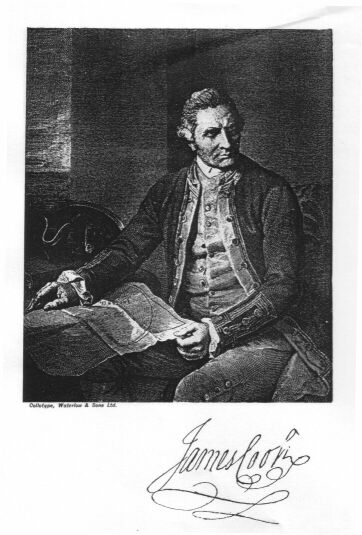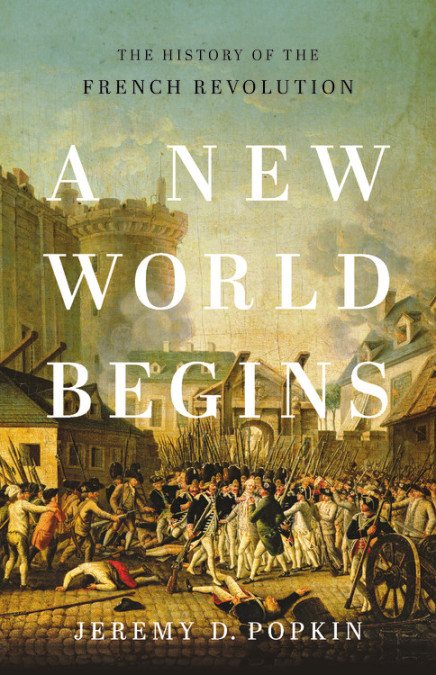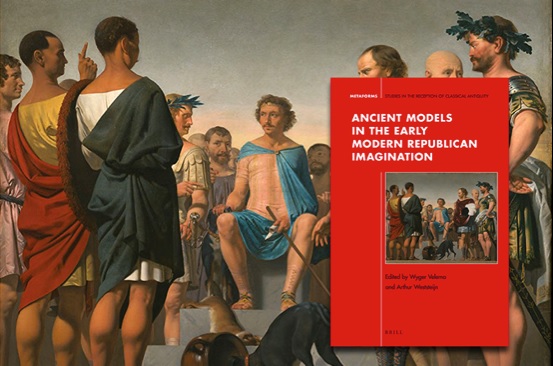Le thème de recherche “Le texte et sa postérité” (“Texts & Their Afterlives”), (LERMA, UR 853, Aix-Marseille Université), est heureux d’annoncer la tenue d’un séminaire lundi 13 mars, de 16h30 à 18h30.
Jakub Lipski (Kazimierz Wielki University, Pologne), fera une communication intitulée ‘”Improbable trash”? The English Robinsonade in the 1750s’. Vous trouverez le résumé de la communication ci-dessous.
La séance aura lieu en présentiel uniquement, à la Maison de la Recherche, 29 avenue R. Schuman, Aix-en-Provence.
The 1750s, in the past often dismissed in eighteenth-century criticism but now the focus of increased scholarly attention, was a decade characterized, as Simon Dickie puts it, by ‘improbable trash’. This period was traditionally evaluated as a poor-quality interlude between the key works of the 1740s and Laurence Sterne’s Tristram Shandy from 1759-1767. This critical tendency has been redressed, and the versatile – generically and thematically – prose fiction of the decade has been seen as an important stage in the novel’s development. The narrative form clearly thriving in the decade was the imaginary voyage, featuring travellers to the moon and the centre of the earth alike, and encountering all sorts of fantastic beings. The central text in this tradition was Robert Paltock’s Peter Wilkins, a novel first published in December 1750, which combined the wonders of the imaginary voyage with the realist representation typical of the Robinsonade. To the 1750s readers, Peter Wilkins was the model for Ralph Morris’s A Narrative of the Life and Astonishing Adventures of John Daniel (1751) and The Travels and Adventures of William Bingfield (1753), which used to be attributed to Paltock himself, and The Life and Surprizing Adventures of Crusoe Richard Davies (allegedly by Adolphus Bannac, 1756), despite this last novel’s nominal indebtedness to Defoe’s Robinson Crusoe. This Wilkins-based micro-tradition defines the panorama of the 1750s Robinsonade, and gains in specificity and idiosyncratic unity on several levels, including temporal proximity, authorship (both factual and alleged), the common generic background, as well as intertextual links to one another, the most rewarding of which go along the lines of subversive and ideologically conflicted discourse that these texts offer.



